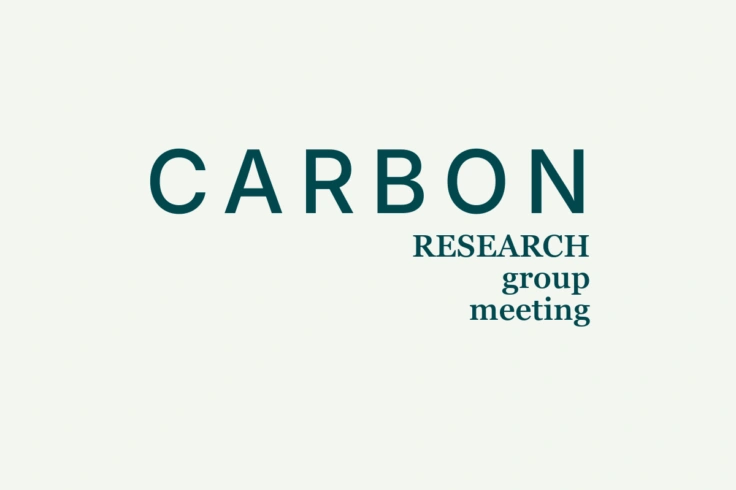Calendar
Nansen lecture: Understanding polar oceans and their global impact: contributions from CHINARE

Time
05. May 2025, 09:00-10:00
Location
Nansen Center. Copernicus Lecture Room
Abstract
The polar oceans, including the Southern Ocean and the Arctic Ocean, are key players in global ocean circulation, climate change, as well as marine ecosystems. The year of 2024 marks the 40th anniversary of Chinese National Antarctica and Arctic Research Expedition (CHINARE), which has completed 41 Antarctic and 14 Arctic Ocean expeditions so far, with oceanographic surveys mainly focused on the Prydz Bay, Ross Sea and Amundsen Sea around the Antarctica, and also on the western and central Arctic Ocean. CHINARE has made significant progress in capacity building, ocean observation and scientific research to understand the polar oceans and their global impact, contributing considerably to international programs such as SOOS, PPP, MOSAiC, DAMOCLES and DBO. Here we review some of these progress and contributions, mostly from the perspective of physical oceanography, and briefly outline our future plans and research priorities in the years to come. China is surely in the process of largely enhancing its polar research activities, which will provide support and new opportunities for international collaboration in this important research area, especially with our European colleagues.
Speaker information
Dake Chen is a physical oceanographer and a member of Chinese Academy of Sciences. He worked at Lamont-Doherty Earth Observatory and Second Institute of Oceanography for many years, and is presently the director of the Southern Marine Science and Engineering Guangdong Laboratory (Zhuhai). His academic career has been devoted to oceanographic research, with significant achievements in the areas of coastal ocean dynamics, large-scale ocean circulation. as well as climate variability. His current research interest includes smart ocean observing technology, tropical ocean-atmosphere interaction, as well as polar environment and climate change. He is also serving in many scientific organizations and editorial boards, and is playing an instrumental role in promoting programs of oceanic and polar research.
More events
See all
Carbon System Group meeting
